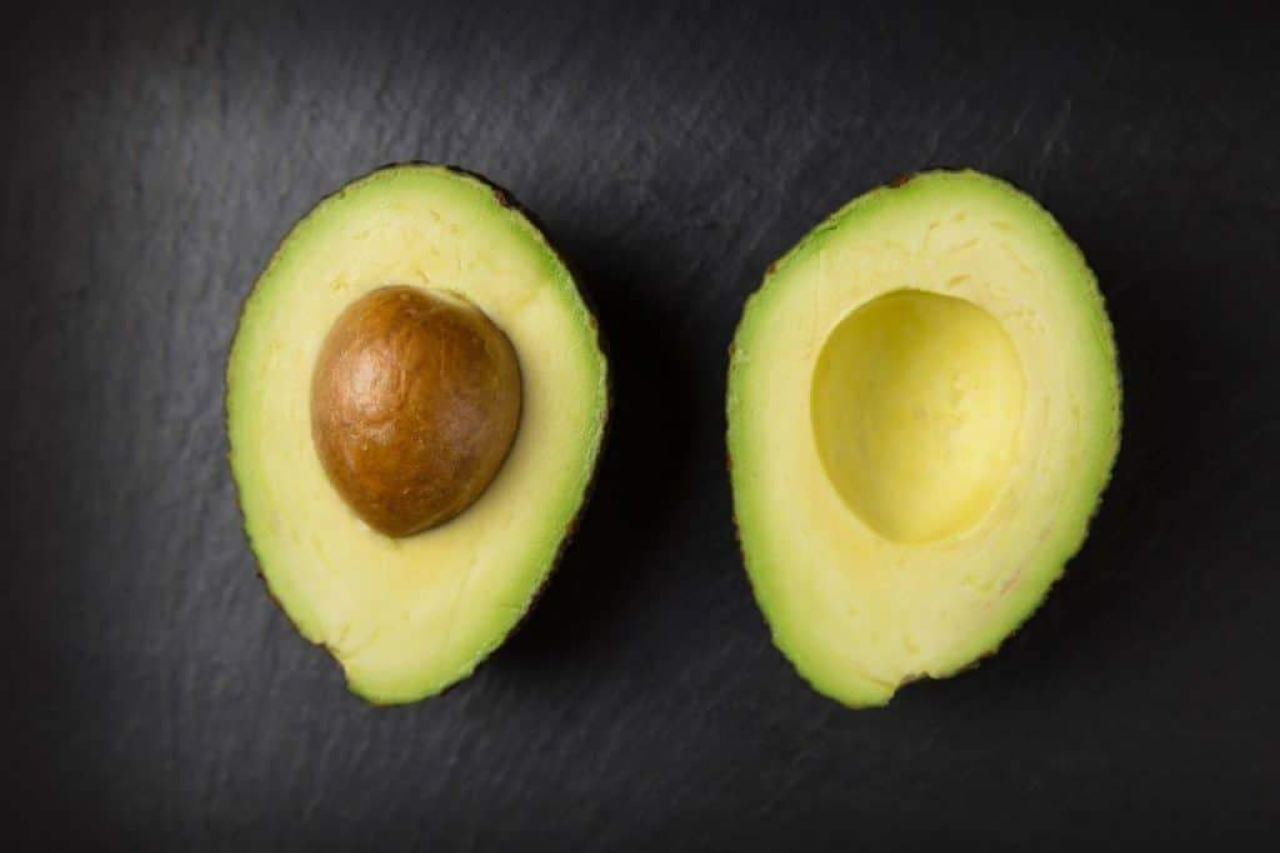
Can Dogs Eat Avocado? Benefits and Risks of Avocado for Dogs
Written By: Tiffany Ruiz Dasilva, VMD, cVMA | Professional Services Veterinarian, Wild Earth
Avocados frequently appear on lists of toxic foods for dogs and are often considered to be a bad choice for our canine friends. Interestingly enough, avocados are in fact a safe choice for dogs.
Let’s clear up the misconception about dogs and avocados and answer the ultimate question: Can dogs have avocados, and even more importantly, should they?
Can Dogs Eat Avocados?
Yes, dogs can eat small amounts of the avocado flesh - never the pit, skin or leaves. Avocados contain healthy fats, namely omega-3 fatty acids, along with vitamins, minerals, and antioxidants. For these reasons, you’ll even find avocados on the ingredient lists in certain brands of dog food.
The Nutritional Benefits of Avocado for Dogs
One of the reasons that avocados are so popular is because they are packed with nutrients, which include:
- Omega-3 fatty acids
- Vitamin A
- Vitamin B3 (niacin)
- Vitamin B6
- Vitamin C
- Vitamin E
- Fiber
- Potassium
- Magnesium
- Antioxidants
- Amino acids
- Folate
Fatty acids, niacin, potassium, and folate are essential for your dog’s healthy skin and coat. Vitamins A, B3, B6, C, and E are essential for bone, eye, as well as skin and coat health. However, just because the avocado flesh is rich in nutrients that may benefit your pup, doesn’t mean that feeding your dog avocados comes without risk.

The Risks of Dogs Eating Avocado
Although the flesh of the avocado is considered safe for your dog, too much of a good thing can be a bad thing. As mentioned, avocados are high in fat and are very calorie-dense, and feeding your dog too much can lead to pancreatitis and obesity. Additionally, the other parts of the avocado present a serious risk to your canine companion. Below are the parts of an avocado that are not safe for your dog.
Improve Your Dog's Nutrition With Wild Earth!
The Leaves, Stem, Seeds, and Skin
All parts of the avocado plant, including the bark, leaves, stem, seeds, and skin (and even the flesh to a lesser degree) contain persin. Persin is mildly toxic to dogs, and is the reason that avocado gets its bad rap. The truth is that our canine companions are mostly resistant to it, and they would have to eat a very large quantity of avocados to experience the toxic effects of persin.
Still, it’s a good idea to keep your dog away from the avocado plant to be safe, as there is a much higher concentration of persin in the plant’s seeds, stem, leaves, and bark than in the flesh. It is important to note that if you have an avocado tree growing in your yard, don’t let your dog nibble at it, and clean up any branches, leaves, or other parts of the plant that fall onto the ground.
The Pit
You might be surprised to learn that the greatest danger the avocado presents for dogs is actually the pit. The pit (also called the avocado seed) is the large, golf ball-sized object in the middle of the avocado. It is typically removed and discarded, however if not properly discarded your dog may go after it.
The pit contains persin, yes, but the bigger danger is the choking hazard it presents. The pit is the perfect size to get stuck in your dog’s throat, blocking the airway. Even if it makes it past the esophagus, the pit can easily get lodged in the intestinal tract and cause a serious blockage. If your dog eats an avocado pit, take them to the nearest veterinary emergency room right away.
Try Wild Earth Dog Food 30% Off!
Can Dogs Eat Guacamole?
We now know that the flesh of an avocado is safe for dogs to consume in small amounts, but what about everyone’s favorite dip? While guacamole might be delicious to you, it’s not a great choice for your four-legged friend because it contains many ingredients that are harmful to dogs, including:
These foods can cause an upset stomach at the very least, and a life-threatening illness at worst. Onions and garlic are particularly dangerous for your pet and can even lead to anemia and kidney failure if enough is ingested. Consider guacamole one of those human foods that is off-limits for your pooch.

How to Safely Feed Your Dog Avocado
If you want to give your dog avocado, make sure you’re doing so without presenting any risk to your pup. Here are three rules of thumb to follow:
- Keep the portion size small. Giving your dog avocados in large amounts raises the risk of poisoning thanks to persin, and the high fat content can prove dangerous for your pup as well.
- Only give your dog the fruit itself. Never allow your pooch to eat the avocado plant’s stem, leaves, or bark. Completely remove the skin of each avocado and discard it, and remove the pit to make sure your dog can’t choke on it.
- Only give your dog plain avocado. Never let your dog indulge in guacamole, as it can contain other harmful ingredients like onions, garlic, and salt.
How Much Avocado Can A Dog Have?
The amount of avocado your dog can eat will vary depending on the size of your dog. The larger your dog then the more avocado they can safely eat. With that being said, it is important to remember that your dog should receive a bulk of their nutrition from their daily dog food and not from treats. Treats should not make up more than 10% of your dog’s daily calories.
Tiffany Ruiz Dasilva, VMD, cVMA
Dr. Tiffany Ruiz Dasilva is the Professional Services Veterinarian here at Wild Earth. She received her Bachelor of Science degree in Biology from Brown University, and attended veterinary school at the University of Pennsylvania School of Veterinary Medicine. Since graduation, she has worked in general practice, on telehealth platforms, and in animal rehabilitation. She has worked tirelessly to gain expertise in the field of canine nutrition through numerous certifications and coursework, and plans to pursue her Masters in Animal Nutrition.



























